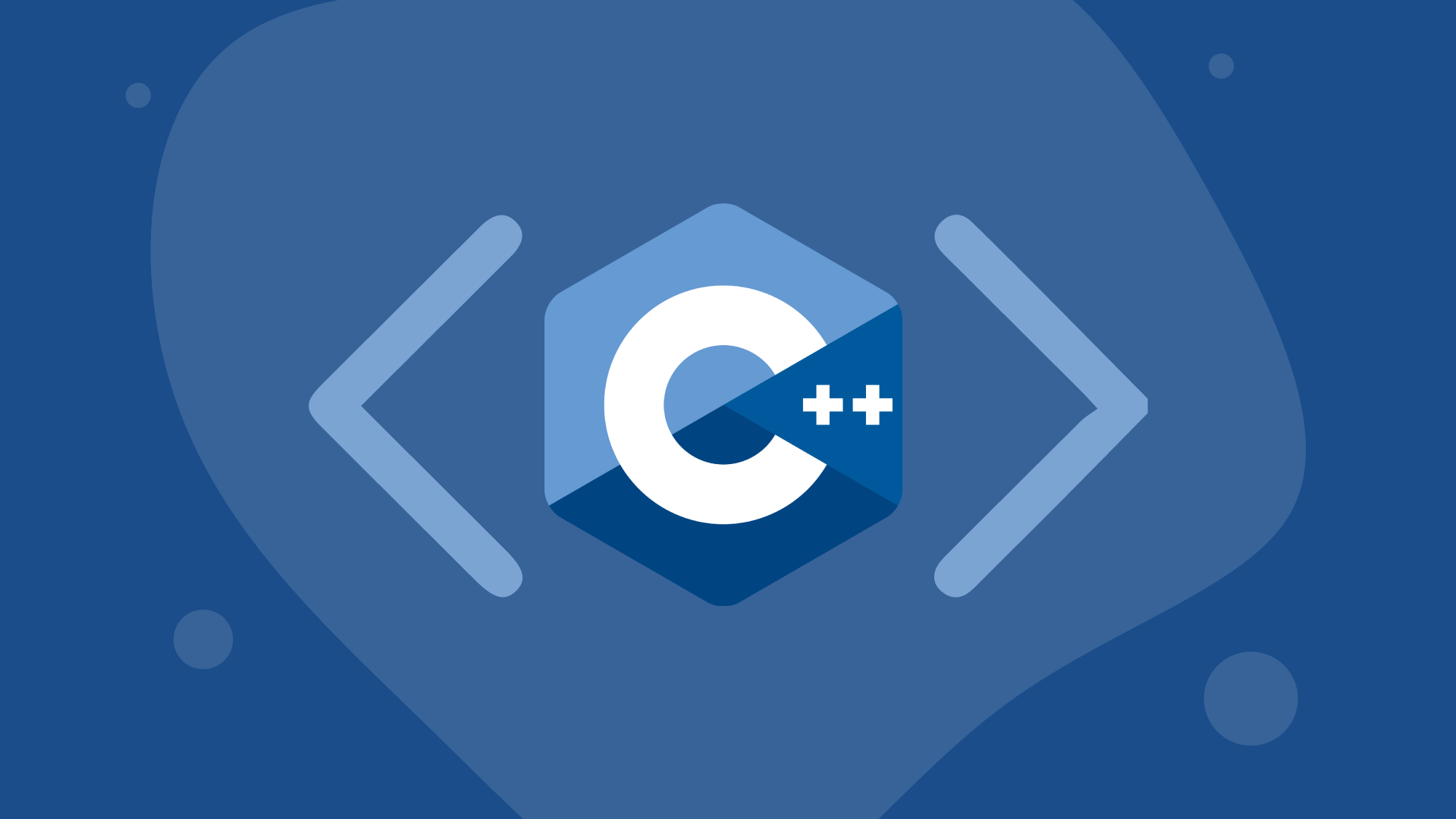
STL thread의 목적
기존에 OS별 별도로 돌던 thead를 하나로 합쳐보자!
단, C++표준이기에 모든 OS에서 돌아가게 만들었다.
그에 따른 쓰기 불편한 점이 몇 가지 존재한다..
기존의 Thread 정리
얼마나 불편했는지 보자
// Windwos
#include <Windows.h>
DWORD WINAPI PrintMessage()
{
// ...
}
int main() {
DWORD myThreadID;
HANDLE myHandle = CreateThread(0, 0, PrintMessage, NULL, 0, &myThreadID);
WaitForSingleObject(myHandle, INFINITE);
// thread가 종료될때 까지 기다린다.
CloseHandle(myHandle);
return 0;
}
// POSIX(pthread)
#include <pthread.h>
void *printMessage()
{
// ...
}
int main() {
pthread_t thread = 0;
int result_code = pthread_create(&thread, NULL, printMessage, NULL);
result_code = pthread_join(thread, NULL);
return 0;
}
사용자는 이걸 다 알아야 한다.
C++11 전까지 표준 멀티쓰레딩 라이브러리가 없음
OS마다 멀티쓰레딩 구현이 달랐음
- 리눅스/유닉스 : POSIX(pthread)
- 윈도우 쓰레드 - 윈도우에서 pthread를 사용할순 있음(ver 1003.1만) - 불편하네… 표준 Thread를 만들어 보자
thread 생성
#include <iostream>
#include <string>
#include <thread>
void PrintMessage(const std::string& message)
{
std::cout << message << std::endl;
}
int main() {
std::thread thread(PrintMessage, "Message from a child thread");
PrintMessage("Waiting the child thread");
// 현재 스레드에서 떼어 내기
thread.detach();
// 다시 붙이고 싶다면?
if(thread.joinable())
{
thread.join();
}
return 0;
}
// 람다식 사용
#include <iostream>
#include <string>
#include <thread>
int main() {
auto PrintMessage = [](const std::string& message)
{
std::cout << message << std::endl;
};
std::thread thread(PrintMessage, "Message from a child thread");
PrintMessage("Waiting the child thread");
thread.join();
return 0;
}
// 람다식 스레드에 매개변수 넣기
#include <iostream>
#include <string>
#include <thread>
#include <vector>
int main() {
std::vector<int> list(100, 1);
int result = 0;
std::thread thread([](const std::vector<int>& v, int& result)
{
for( auto item : v )
{
result += item;
}
}, list, std::ref(result));
thread.join();
std::cout << "Result: " << result << std::endl;
return 0;
}
thread에 매개변수 넣기
#include <iostream>
#include <thread>
using namespace std;
void f1(int a, int b)
{
}
int main()
{
thread t1(&f1, 1, 2);
thread t2(bind(&f1, 1, 2));
// 둘 다 동일한 표현이다.
t1.join();
t2.join();
}
int n = 10;
thread t1(&f1, 1, n); // error
thread t1(&f1, 1, ref(n)); // ok
// thread 잠깐 정지
#include <iostream>
#include <thread>
#include <chrono>
using namespace std;
int main()
{
thread::id id = this_thread::get_id();
cout << id << endl;
this_thread::sleep_for(3s);
this_thread::sleep_until(chrono::system_clock::now()+3s);
this_thread::yield(); // 다른 스레드에게 우선순위를 양보한다.
}
#include <iostream>
#include <thread>
using namespace std;
void foo()
{
cout << "thread start" << endl;
this_thread::sleep_for(2s);
cout << "thread end" << endl;
}
int main()
{
thread t(&foo);
t.join(); // 스레드 종료를 대기
// or
// t.detach();
}
#include <iostream>
#include <thread>
using namespace std;
void f1() {}
void f2(int a) {}
struct Worker
{
void Main() {}
};
struct Functor
{
void operator()() {}
};
int main()
{
thread t1(&f1);
thread t2(&f2, 5);
Worker w;
thread t3(&Workder::Main, &w);
Functor f;
thread t4(f);
thread t5([](){cout << "thread t5" << endl;});
}